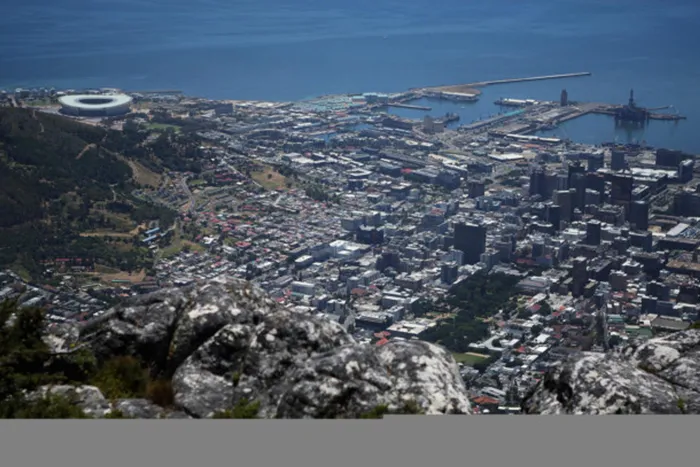City’s tourism sector in crisis

Babalo Ndenze
Metro Writer
Cape Town’s R14-billion tourism sector is struggling – and things will only get better in 2014, tourism authorities say.
Research from the Bureau of Economic Research shows the accommodation sector is hovering at one of its lowest occupancy levels, at 25 percent.
Available hotel rooms have grown by 15 percent since 2009, according to the Federated Hospitality Association of South Africa (Fedhasa), but visitor growth has not come anywhere near this level.
Thirteen new hotels were built in Cape Town in anticipation of the World Cup, leading to a vast oversupply.
Today the City of Cape Town will decide at a full council meeting whether to make a R40 million grant to Cape Town Tourism to help market the city.
Mariette du Toit-Helmbold, chief executive of Cape Town Tourism, said tourism was battling the world over “as the effects of the global recession linger”. The world financial crisis had led to a change in consumer behaviour.
“Demand has diminished, visitor spends have steadied and costs have increased,” Du Toit-Helmbold said.
“The tail end of the financial crisis has hit South Africa and the tourism industry hard, perhaps initially diverted in the run-up to the World Cup.
“In Cape Town alone, some 298 000 people are directly employed in the industry. Their livelihoods are dependent upon an increasing demand by tourists for the city,” said Du Toit-Helmbold.
She said the “visitor economy” was worth about R14bn a year in Cape Town alone.
“The sobering reality is that at the economy’s current slow recovery rate of about 3-4 percent, Cape Town will only reach 2007 tourism visitor and revenue levels again by 2014 – representing a cumulative loss of R1.5bn to the sector over seven years,” she said.
Fedhasa Western Cape chairman Dirk Elzinga said:
“South Africa has been confused by the World Cup taking place in the middle of a recession.
“We were assisted by 300 000 visitors, and those people are not here anymore.”
Elzinga said the global recession and the expansion of hotel rooms had made the “story worse than we would have loved it to be”. “But there are certain hotels and guest houses that get acceptable occupancy,” said Elzinga.
Mayoral committee member for tourism, events and marketing Grant Pascoe said:
“Before the World Cup, visitor arrivals dropped and tourism slumped because tourists planned their travel around the World Cup, with a spike in tourism numbers over the World Cup period.”
He said another factor was the global economic crisis in Cape Town’s traditional markets, the UK, Germany, France and the Netherlands.
“Also, since the announcement that South Africa was going to host the 2010 World Cup, 13 new hotels were built in Cape Town.
“So the accommodation sector is feeling the impact of the oversupply and this is affecting occupancy numbers during a time when there are global challenges,” said Pascoe.
Mayor Patricia de Lille’s spokesman, Solly Malatsi, said Pascoe’s department had to brand the city to attract new business. “That new business must include our traditional markets, like tourism, but it must also seek new investment opportunities.
“By marketing our assets, like the CTICC, and the city’s design itself, we can attract those businesses,” said Malatsi.
babalo.ndenze@inl.co.za